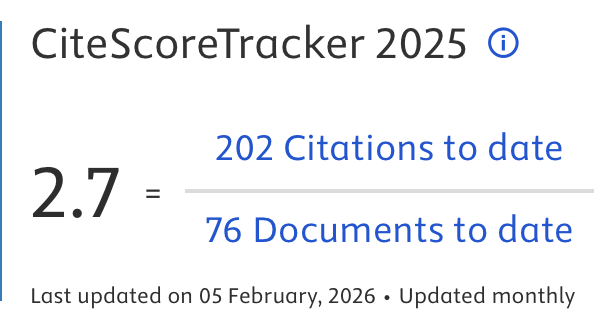AL-QUR’AN MENURUT PANDANGAN ORIENTALIS (Studi Analisis ‘Teori Pengaruh’ dalam Pemikiran Orientalis)
DOI:
https://doi.org/10.14421/qh.2015.1602-04Abstract
ewline"> This article tries to discuss the discourse proposed by modern westernscholarship regarding to the study of polemicies about Qur’anic studies,
that it is an inflence theory developed in nineteen century. The scholars
used historical criticism as one of biblical method. Shortly, by using this
historical criticism, they attempted to trace back the inflence of Jewish or
Christian ideas toward the Qur’a>n. As a result this paper fids that when
Muhammad came up with some Qur’anic doctrines, such as the history of
prophethood, as well the terminology in the Qur’an; were not simply alleged
or adopted from both of Jewish and Christian. This polemecies issue were
popularized mainly by Abraham Geiger, then followed by Teodor Noldeke,
William Muir, and John Wansbrough that will be on this article.
References
Downloads
Issue
Section
License
Publishing your paper with Jurnal Studi Ilmu-ilmu al-Qur'an dan Hadis means that the author or authors retain the copyright in the paper. Jurnal Studi Ilmu-ilmu al-Qur'an dan Hadis uses license CC-BY-NC-ND or an equivalent license as the optimal license for the publication, distribution, use, and reuse of scholarly works. This license permits anyone to copy and redistribute the material in any medium or format and must give appropriate credit, provide a link to the license, and indicate if changes were made. If you remix, translate, transform or build upon the material you may use it for private use only and not for distribution. Jurnal Studi Ilmu-ilmu al-Qur'an dan Hadis granted an exclusive non-commercial reuse license by the author(s), but the author(s) are able to put the paper onto a website, distribute it to colleagues, give it to students, use it in your thesis, etc, so long as the use is not directed at a commercial advantage or toward private monetary gain. The author(s) can reuse the figures and tables and other information contained in their paper published by Jurnal Studi Ilmu-ilmu al-Qur'an dan Hadis in future papers or work without having to ask anyone for permission, provided that the figures, tables, or other information that is included in the new paper or work properly references the published paper as the source of the figures, tables or other information, and the new paper or work is not direct at a private monetary gain or commercial advantage.
Jurnal Studi Ilmu-ilmu al-Qur'an dan Hadis journal Open Acces articles are distrubuted under the Creative Commons Attribution-NonCommercial-NoDerivatives 4.0 International (CC BY-NC-ND 4.0). Article can be read, copy and redistribute the material ini any medium or format under the following conditions:
Attribution — You must give appropriate credit, provide a link to the license, and indicate if changes were made. You may do so in any reasonable manner, but not in any way that suggests the licensor endorses you or your use.
NonCommercial — You may not use the material for commercial purposes.
NoDerivatives — If you remix, transform, or build upon the material, you may not distribute the modified material.










